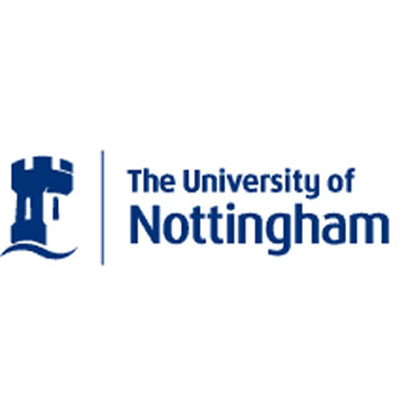Information Technology MSc
- Field Of Study:
- Computing, Technology & IT
- Level Of Study:
- Postgraduate
- Course Subject:
- Information Technology
- Course Intake:
- September
Programme Description
The MSc Information Technology provides an in-depth technical overview of IT, and offers training to prepare you for a wide range of careers as technologists in the IT and telecommunications sector. The flexible structure of the course lends itself equally to those with a strong background in programming as well as candidates from the fields of science and engineering with little or no experience in computing. It is designed to make science and engineering graduates more employable as information technologists.
The course offers an overview of the field of IT including networks and the internet, databases, artificial intelligence, computer security, multimedia, computer graphics, human factors, and user interface design, while allowing you to focus on specific skills like programming and software engineering.
Career prospects
The course will prepare you for careers in a wide range of technical disciplines including: programming; software engineering; network management; artificial intelligence and multimedia. It is also an excellent foundation for doctoral studies.
Course structure
The first semester is shared with the MSc Management of Information Technology so that at the end of the first semester you can transfer to this related course if it is more in keeping with your interests and strengths. It is taught using a variety of methods including lectures, practical sessions and seminars and comprises a combination of compulsory and optional modules, which can be combined to suit your previous experience of computing and programming. The modules are split into two groups – Group 1 and 2.
The modules in Group1 are intended for students with very limited background in computer science. They are compulsory for those students who have not studied these disciplines in their first degree.They are not available to students who have studied these disciplines previously.
The modules in Group 2 are intended for students with a strong background in computer science.They are compulsory for those students who have studied the disciplines covered by the modules in Group 1 previously.
Students may take modules from Group 3 provided that they satisfy the pre-and co-requisite requirements for the module.
Assessment
Your work will be assessed using a variety of methods including coursework, group and individual reports, written and online exams, and presentations.
Entry Requirements
A lower second class honours degree (or international equivalent) in a science or engineering discipline.
English language requirements
IELTS: 6.0 (no elements below 5.5)
TOEFL (iBT): 79 (no elements below 19)
PTE (Academic): 55 (minimum 51)
IELTS and TOEFL test results must be less than 2 years old and all IELTS must be the academic version of the test
Modules
Compulsory
- Introduction to Human Computer Interaction
- Object-oriented Systems
- Software Engineering
- Project in Information Technology
Optional/restricted
- Database Systems
- Introduction to Network Communications
- Programming
- Application Programming
- Introduction to Image Processing
- System and Network Administration
- Computers in the World
- Advanced Data Structures
- Operations Research and Modelling
- Web Programming and Scripting
- Computer Security
- New Media Design
- Methods for Understanding Users in Computer Science
- Software Project Management
- Introduction to Artificial Intelligence
- Enterprise Level Computing
- Advanced Computer Communications
- Simulation for Computer Scientists
Source : The University of Nottingham
